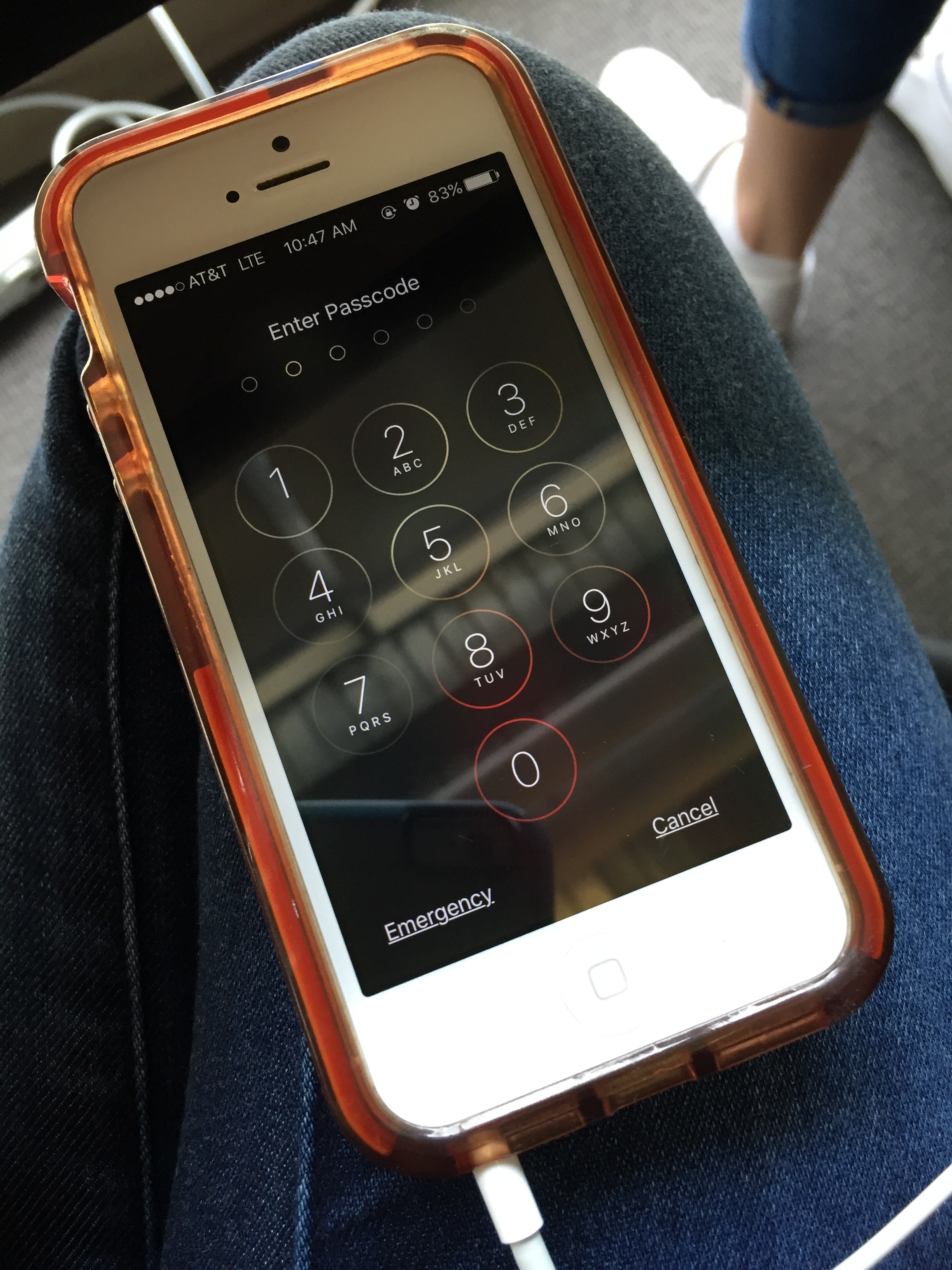The Department of Justice lawsuit against Apple has been front page news for the past two months. Between the amicus briefs and numerous documents filed, it can become easy to lose sight of the origins and ramifications of the conflict. What does it all mean?
The lawsuit arose during the FBI’s investigation of the mass shooting and attempted bombing in San Bernardino, California in December of 2015.
The FBI secured the iPhone of one of the perpetrators, Syed Rizwan Farook, and wanted access to its data to find any evidence that could shed light on the shooting and help prevent further attacks. Such evidence could include contacts, photos, videos, and messages related to the shooting or other attempted terrorist attacks. Even though the FBI had custody of the phone, getting the data from it would not be easy. The shooter’s iPhone 5c was set to delete all of its data after 10 incorrect attempts at the 4-digit passcode. This is a setting available to all iPhone customers. The FBI did not know the passcode or the iCloud password to the phone. Their options were limited, as they could not interrogate Farook or his partner, Tashfeen Malik, who were both killed in a shootout with the police shortly after the attack.
The FBI, concerned with the 10 attempt limit on the passcode, decided to focus on the iPhone’s iCloud account. The FBI changed the iCloud password, thinking that gaining access to Farook’s account would help them unlock the content of the phone itself. This assumption was incorrect and ultimately proved a setback in the case. Changing the iCloud password did not let them in, but rather locked them out. During his testimony, James B. Cormey Jr., Director of the FBI, admitted, “There was a mistake made in the 24 hours after the attack.”
Having failed at their attempt to hack the iPhone’s data through iCloud, the FBI’s options were limited to unlocking the phone via the passcode. Unable to figure out a way in, the FBI turned to Apple to help them crack the code.

Photo by Jill Reilly
The FBI essentially asked Apple to create a software that would bypass the feature that deletes all of an iPhone’s data after ten failed passcode attempts. Apple refused. For one thing, the software would not solely affect Farook’s iPhone; it would also jeopardize the privacy of many iPhones with the same feature. Secondly, unlocking the iPhone would, according to Bruce Sewell, Apple’s General Counsel, “set a dangerous precedent for the government intrusion on the privacy and safety of its citizens.” Apple argued that if it unlocked the phone for the FBI, what would stop other companies or governments from pressuring Apple to do the same for them?
One crucial thing to understand is that the question disputed was not whether or not Apple has the capability to unlock an iPhone, or if it was even willing to do so, but according to tech website, The Verge, rather: “Does the government have the authority to order Apple to help unlock the phone based on statute or precedent?”
Some of Apple’s fellow tech companies believe the answer is no. In early March, several of them filed amicus briefs – information about the case unsolicited by the court – in support of Apple. Tech giants Google, Facebook and Microsoft filed jointly. Twitter, Airbnb, Ebay, Reddit, and six other companies also filed a joint amicus brief to supplement Apple’s case.
The FBI had its allies too. The Department of Justice filed a document criticizing Apple’s resistance to cooperate. According to TechCrunch.com, the document states: “Apple’s rhetoric is not only false, but also corrosive of the very institutions that are best able to safeguard our liberty and our rights: the courts, the Fourth Amendment, longstanding precedent and venerable laws, and the democratically elected branches of government.”
After weeks of heated debate, it seemed like the FBI had no intention of backing down. However to many people’s surprise, on March 28, the Department of Justice announced the FBI was dropping the case. With the help of a third party, whose identity has not been released, the FBI had apparently found an alternative way to unlock the iPhone. As reported by The New York Times, the Department of Justice filed a report stating it had “now successfully accessed the data stored on Farook’s iPhone and therefore no longer requires the assistance from Apple.” As for how they were able to crack the code, the FBI has not been willing to share. When Apple asked the FBI to share its decoding techniques, so that the company could improve its methods of encryption, the FBI expressed hesitation. They have yet to disclose the information.
After weeks of tension, the case has finally ended. Despite the fact that the FBI did not follow through with the case, the lawsuit between Apple and the FBI will go down in history as the first major case to debate the increasingly conflicting ideas of privacy and security. The legal struggle may very well lead to similar cases in the future as technology becomes ever more relevant. Regardless of what the future holds, the question of the extent of the government’s power is not going away.







